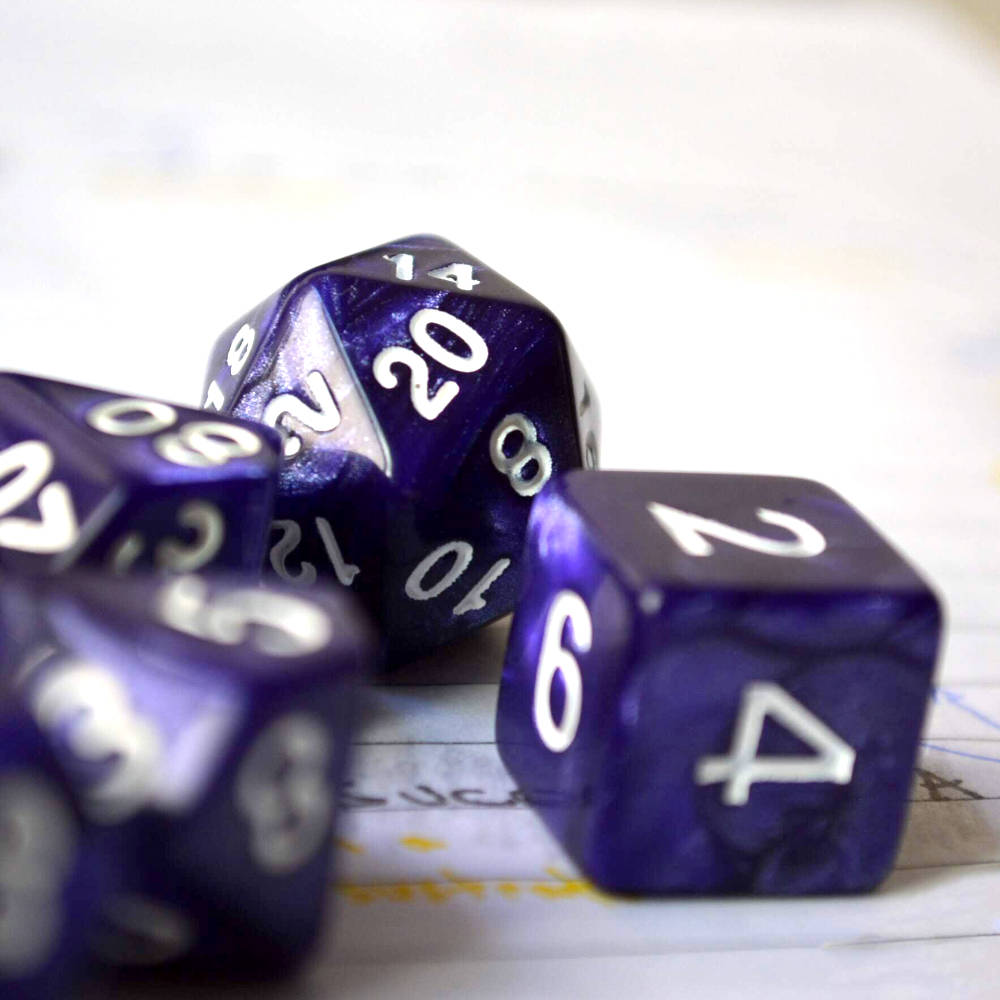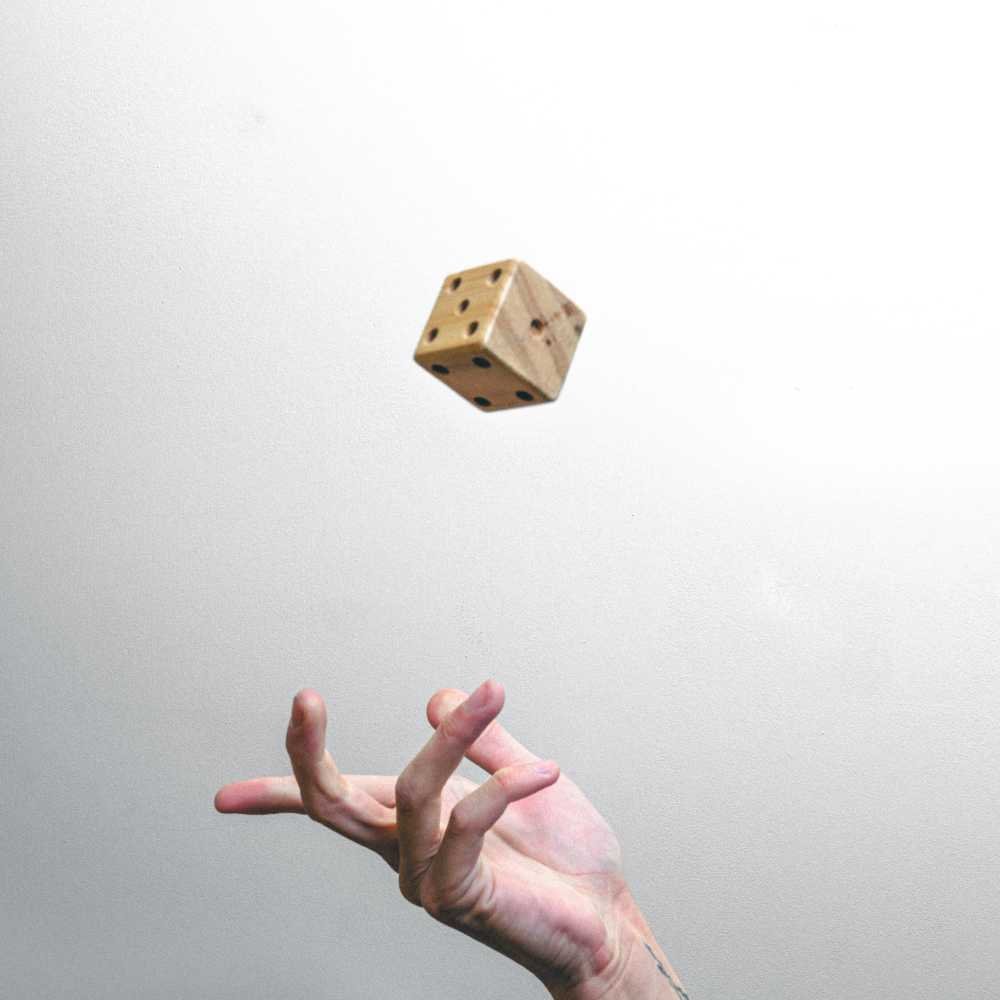How do skill checks work in a DND solo roleplaying game? Our system uses skill checks in two ways: to perform story-based actions in the game world and to influence the outcome of yes/no oracles. Choose your character’s skills very carefully as this will dictate what they can do in the world and how they can affect it.
A bard with high Charisma and skills in Persuasion, Performance, and Deception will play very differently in a scene than a thief with high Stealth, Perception, and Sleight of Hand. As a rule of thumb treat your skills as tools to create an adventure. They will dictate how you play the game.
For example, in a scene, your character is taken captive by a band of orcs. You need to escape, but how? A bard can try to use Performance to tell them a raucous tale or use Persuasion and a silver tongue to escape. A thief will deal with this scene differently. They might decide to pick the lock of their cell and then sneak away while keeping a watchful eye.
Skills and Fate rolls
In the Oracle system, skill checks are the only way to affect Fate rolls. Successful skill checks allow you to add your proficiency bonus to a Fate roll.
Example:
Your character needs to hide from an orc party. You roll a 1d6 and ask Oracle 1: The Fate Oracle “Is there a hiding place?”. However, you hit a snag and roll a 2. The answer is “No”. You can’t find a hiding place. What can you do? This is where skill checks come in.
Skill checks improve the odds on a Fate roll. As long as you have a skill that’s relevant to the question at hand, you can use it to improve the Fate roll after you rolled it. Suppose your character has high Stealth. You want to hide from the orc party by sneaking around and looking for a place to hide.
If you roll a successful skill check you can change the outcome of a Fate roll by one for each proficiency bonus level. Your character is a level 5 Thief, which means you have a proficiency bonus of +3. If your skill check succeeds you can add +3 to the Fate roll. This gives you a 5, and an answer of “Yes…”. Your stealthy approach helps you find a hiding place in the nick of time.
Spells in solo roleplaying
Our system divides spells and abilities into two broad categories: combat and non-combat. Combat spells not only include offensive spells like Fireball, but all spells that have combat effects. The spell Invisibility is one example. In 5e attackers have disadvantage to attacks against invisible characters. A spell you can be use in combat counts as a combat spell.
Non-combat spells are used outside combat for roleplaying. Players use spells like Arcane Eye outside of combat to scout for enemies or gather information. Spells like these cannot be used in combat and provide no combat benefits. Another example is Disguise Self. This spell provides no combat abilities but is very useful in roleplaying situations.
We use non-combat spells to change or alter the outcome of a Fate roll. Every useful spell or ability that’s relevant to the scene can change the outcome of a Fate roll by 1. For example, you’re about to be caught by a guard at an enemy compound. You ask the Fate Oracle “Can I lie my way out of this?”. The answer is a 2, “No…”.
To change the outcome of the Fate roll, you decide to cast Disguise Self. This spell can make you look like another guard. As a result, you can add +1 to the Fate roll. You also decide to cast Charm Person on the guard to make him think you’re his friend. This spell can another +1 to the Fate roll. As the guard arrives you cast your spells and roll a successful Deception check. The two spells together add +2 and the successful Deception check adds another +3 from your proficiency bonus. After adding all the modifiers, you have the final result of 6 “Yes, and…”. The guard thinks your one of his friends and you manage to lie your way out of your predicament.
Failing skill checks
Always roleplay a failed skill check. When you fail a skill check there’s a chance that the party could experience a setback. A setback is any scene that moves you further away from reaching the objective of the adventure. A critical failure always results in a setback. However any time you fail a skill check at the worst possible moment, you can experience a setback, even if it wasn’t a critical failure.
You should always roleplay failed skill checks and their consequences. If you cant persuade a guard you’re innocent, roleplay the encounter and describe the most plausible outcome. When you experience a setback mark 1d4 Setback Points on your Adventure Sheet. If you accumulate 10 Setback Points, you fail the adventure.






